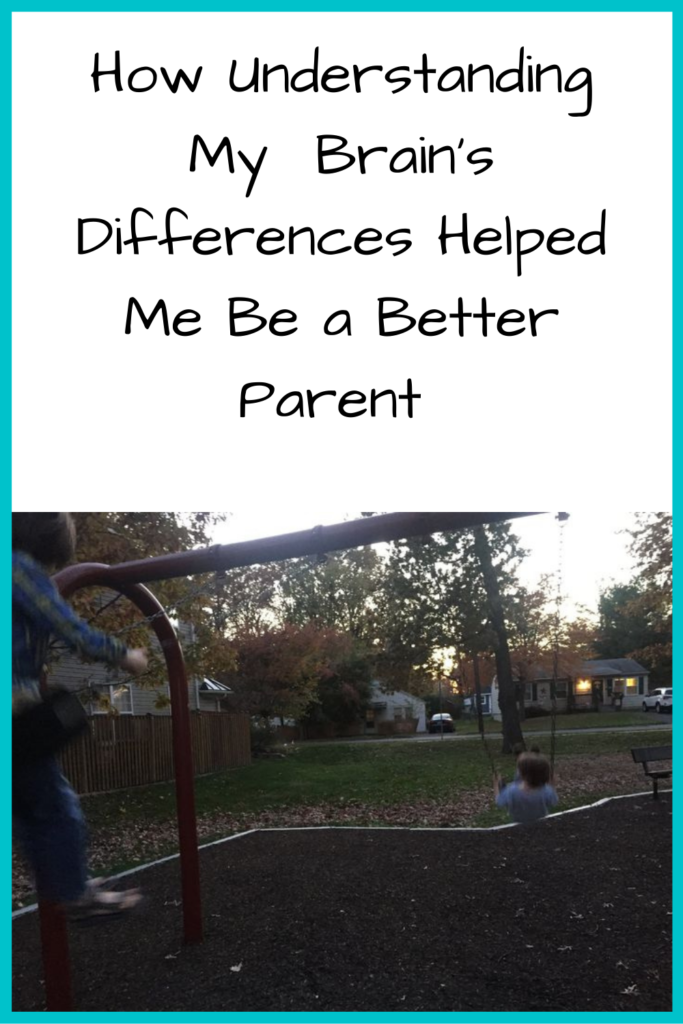
“We can listen to music or I can yell at you to stop. Which would you rather?” I said to my kids, exasperated. They were making a shit-ton of noise and I felt like my head was going to explode. Everything was just so damn loud. The music went on – we settled on Rusted Root – and everything settled down. Or at least settled down as much as my incredibly high-energy children will let it.
But this incident was a culmination of a lot of self-exploration.
Music was a constant in my household as a kid. My dad always had the radio on, listening to the classic rock station or talk radio. He had tapes full of music either bought on sale at the local store, taped off the radio, or in a few cases, taped from his own records including one with a skip. When music wasn’t on, I was talking. Talking talking talking. The monologue was constantly going in my head and I just couldn’t figure out how to filter it to stop it from going straight from my brain to my mouth. But music brought some level of quiet.
As I grew up, I realized that I hated silence. I found it oppressive, like thick swampy air on a summer day. It made me want to start looking for the exits.
For a long time, I took both this fact and my difficulty at turning off my brain for the ability to listen as personal faults. Clearly, I just wasn’t trying hard enough. Clearly, I just didn’t want to listen. The social approbation I got for my constant talkativeness only reinforced this judgment. If I just tried harder, I could do it.
What I didn’t realize was how much harder balancing the monologue in my head and outside noise was for me than everyone else. It wasn’t that everyone else tried harder – it was that they were wired differently than me. My brain needed that noise and stimulation to function well. Otherwise, it was stressed as hell. It was also just harder to turn off to listen to others.
For years, I just sort of muddled through this frustration of having difficulty listening and simultaneously needing sound. Then like so many things, parenting forced me to confront it. I remember in the early days of having a baby and toddler at the same time, complaining to my then-therapist about my kids’ seemingly constant noise. She asked, “Do you have any sensory sensitivities?” I replied, “Not until now!” I laughed about it at the time, but in retrospect, hm. What if?
Later on, I had to learn to listen more than I ever had before when my older son had some speech issues in preschool. While he knew loads of words, it took him a long time to get them out. But if people talked over him, he’d get frustrated and upset. It took all of my self-control not to interrupt or try to finish his sentences. He wanted to speak independently – I wasn’t going to be holding him back. It was freaking exhausting.
Since then, I’ve come to better understand my needs. Along the way, it’s helped me understand my kids’ needs too. To accommodate my need for background noise, I sit outside when it’s nice out. That helped me recognize that as a great solution for my older son to fulfill his needs too. If the kids being incredibly noisy is too much, I put on music instead, which soothes my brain that’s exhausted from trying to process all that atonal yelling. The music also fulfills their need for noise, which means that they usually stop making it. (Thank God.)
For years, I’ve at least somewhat subscribed to psychologist Ross Greene’s idea that “kids will do as well as they can.” But I never extended myself the same grace. Shifting that thinking around my needs and struggles has helped me be a better parent as well.